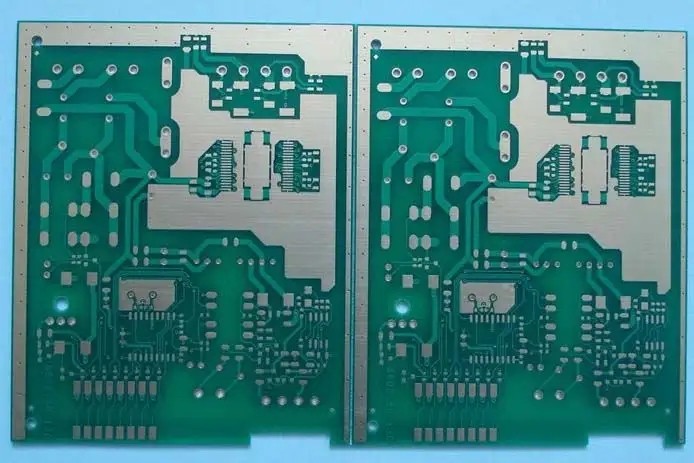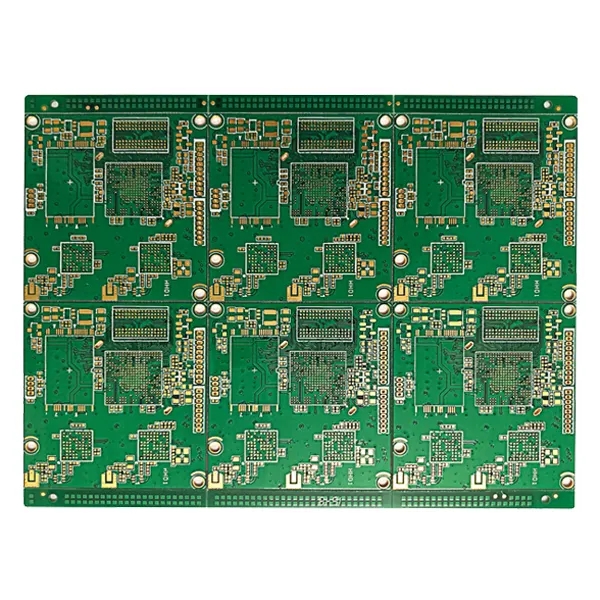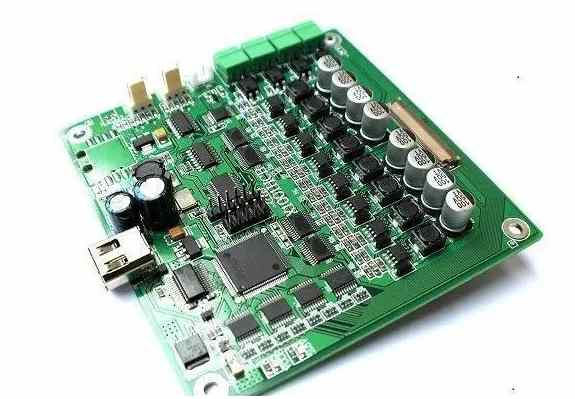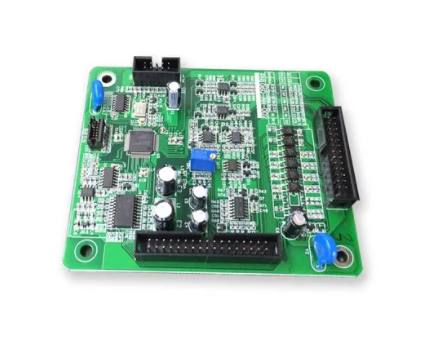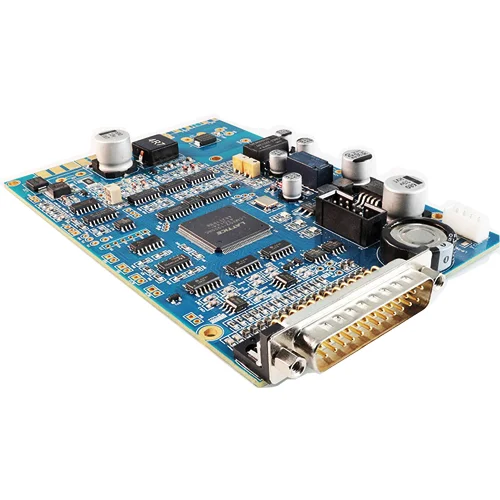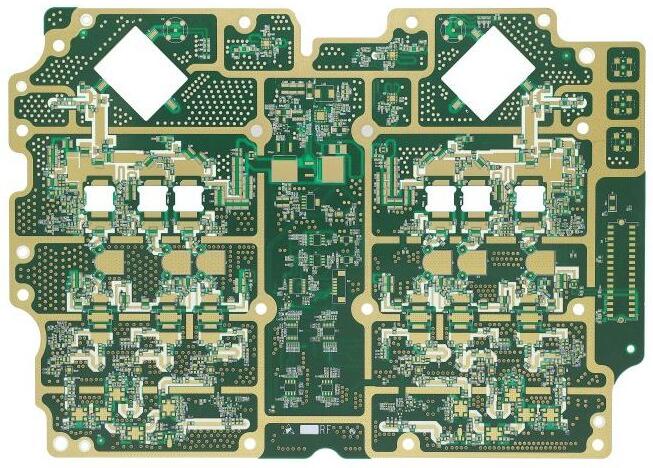
The role of three kinds of anti coatings in printed circuit board
Moisture is the most common and destructive factor in PCB Excessive moisture will greatly reduce the insulation resistance between conductors, accelerate high-speed decomposition, reduce Q value and corrode conductors We often see copper green on the metal part of PCB
The performance degradation of electronic products can be reduced or eliminated by coating 3 anti paint on printed circuit boards and components when they may be affected by adverse factors of the operating environment. If the 3 anti paint can maintain its effect for a satisfactory period of time, such as exceeding the service life of the product, it can be considered that it has achieved the coating purpose.
3 anti paint components
Acrylic products
Acrylic 3 paint is elastic and provides full protection. As it is a single component system, it has good adhesion, simple operation, low requirements for equipment and conditions, convenient construction, high transparency, high brightness and short operation period. Recall that they are easy to use and disassemble. Some acrylic products meet military standards. They can be quickly dried without drying, and can be removed with matching organic solvent. This kind of circuit board 3 anti paint is one of the most common and effective products in the market.
Are these three anti paint toxic?
3 Whether the anti paint is toxic depends on the type of anti paint thinner and the solvent used. If toluene or xylene is used as thinner for 3 # anti paint, this chemical is harmful to human body. For example, few lipids and alcohols are used.
Although there are many environment-friendly 3 anti paint on the market now, we still need to take protective measures and wear gas masks in actual use.
There are four anti coating processes:
1. Brushing is universal and can produce good coating effect on smooth surface.
Circuit board
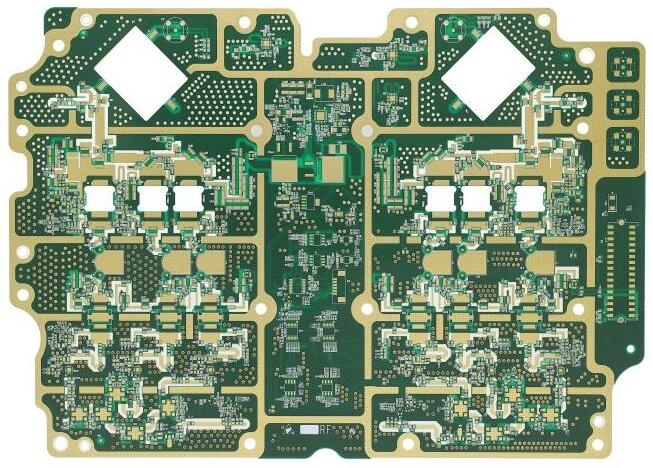
2. The use of spray cans can be conveniently applied to maintenance and small-scale production. The spray gun is suitable for mass production, but these two spraying methods require high operation accuracy and may produce shadows (where the lower part of the component is not covered with three layers of anti paint).
3. Automatic dip coating and dip coating can ensure the integrity of the coating film, and will not cause data waste due to overspray.
4. Selective coating is accurate and does not waste information. It is suitable for large quantities of films, but requires higher coating equipment It is most suitable for large volume lamination Use the set XYZ program to reduce masking When PCB board has been painted, many joints do not need to be painted The speed of adhesive tape is too slow. There is too much glue left when it is torn Consider making the combined cover according to the shape, size, and position of the connector, and use the mounting hole for positioning Cover unpainted parts
3 Process requirements for anti painting
1. Clean and bake the board to remove moisture. The dust, moisture and grease on the surface of the coated object must be removed first to give full play to its protective effect. Thorough cleaning can ensure that the corrosion residues are completely removed and that the 3 anti paint is well adhered to the surface of the circuit board. Drying condition: 60 ° C, 10-20 minutes, take it out of the oven and smear it while it is hot, with better effect;
2. Brushing method: the brushing area shall be larger than the occupied area of the equipment to ensure that the equipment and the mat are completely covered;
3. When brushing the board, it should be placed as flat as possible, and no water should drip after brushing. The brush board should be smooth, and there should be no exposed parts, preferably between 0.1-0.3mm.
4. Before brushing and spraying, ensure that the diluted product is fully stirred and placed for 2 hours before brushing or spraying. Use a high-quality natural fiber brush and gently brush and soak at room temperature. If a machine is used, measure the viscosity of the paint (using a viscosity agent or a flow cup), and adjust the viscosity with a thinner.
5. PCB circuit board assembly shall be vertically immersed in the paint tank. The connector should not be immersed in water. Unless it is carefully covered, the circuit board should be immersed for 1 minute until the bubbles disappear, and then slowly take it out. The circuit board surface will form a uniform film. The majority of paint residues shall be allowed to flow back to the impregnator from the circuit board. TFCF has different coating requirements. The immersion speed of circuit boards or components shall not be too fast to avoid excessive bubbles.
6. If there is peeling on the surface when it is used again after soaking, please remove it and continue to use.
7. After brushing, lay it flat on the support for curing. The heating method is to accelerate the curing of the coating. If the coating surface is uneven or contains bubbles, it should be placed in a high temperature oven for a longer time to cure at room temperature to make the solvent flash out.
Precautions:
1. If you want to get a thicker coating, you'd better apply two thinner layers. The first layer should be completely dry before the second layer can be applied.
2. When PCB is coated, coating materials are not allowed in general connectors, software sockets, switches, heat sinks, heat dissipation areas and parts areas. Tearable solder mask is recommended for covering.
3. Film thickness: The film thickness depends on the coating method. The addition of thinner is large, the viscosity of glue is low, and the thickness of glue is thin; On the contrary, the viscosity of glue is high and the thickness of glue is thick.
4. All painting work shall be carried out under the conditions of not less than 16 ℃ and 75% relative humidity. As a composite material, PCB will absorb moisture. If the moisture is not removed, 3 the paint will not completely protect it. Pre drying and vacuum drying can remove most of the moisture.
Methods of repairing coating devices
If the coating equipment is repaired, just contact the soldering iron directly with the coating to remove the PCB assembly After installing new components, clean the area with a brush or solvent, then dry and reuse The paint is well applied


